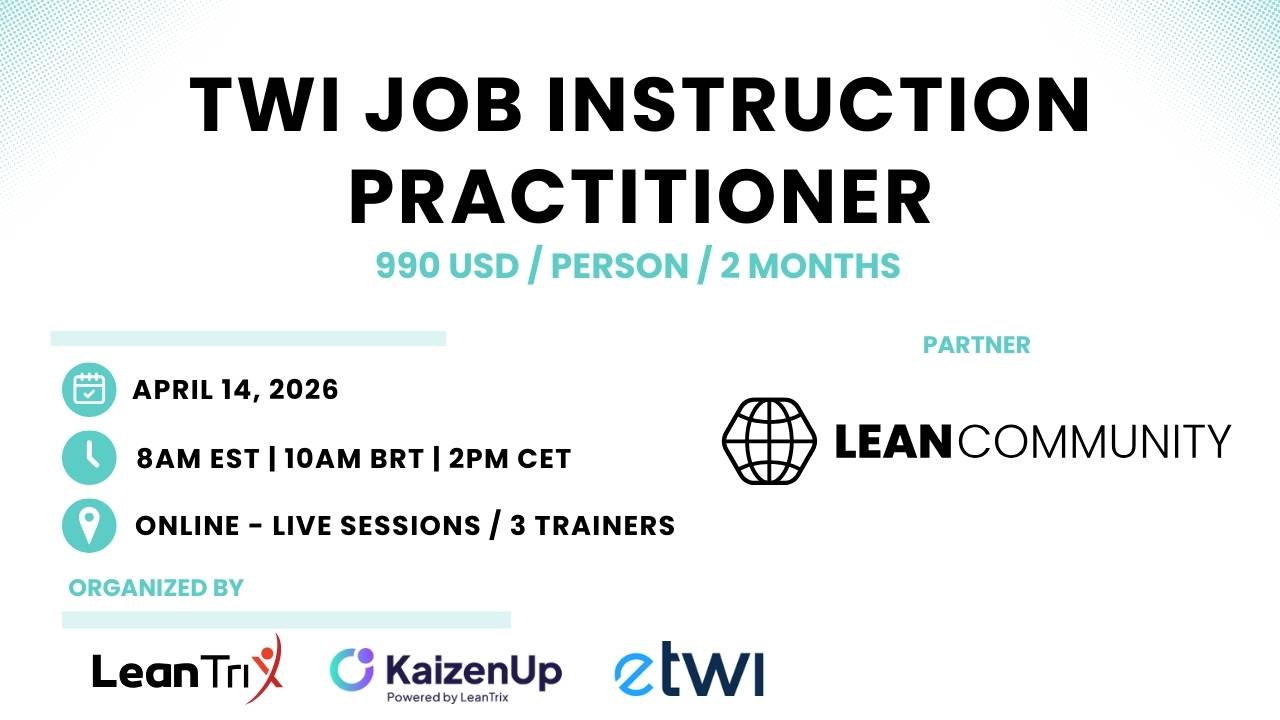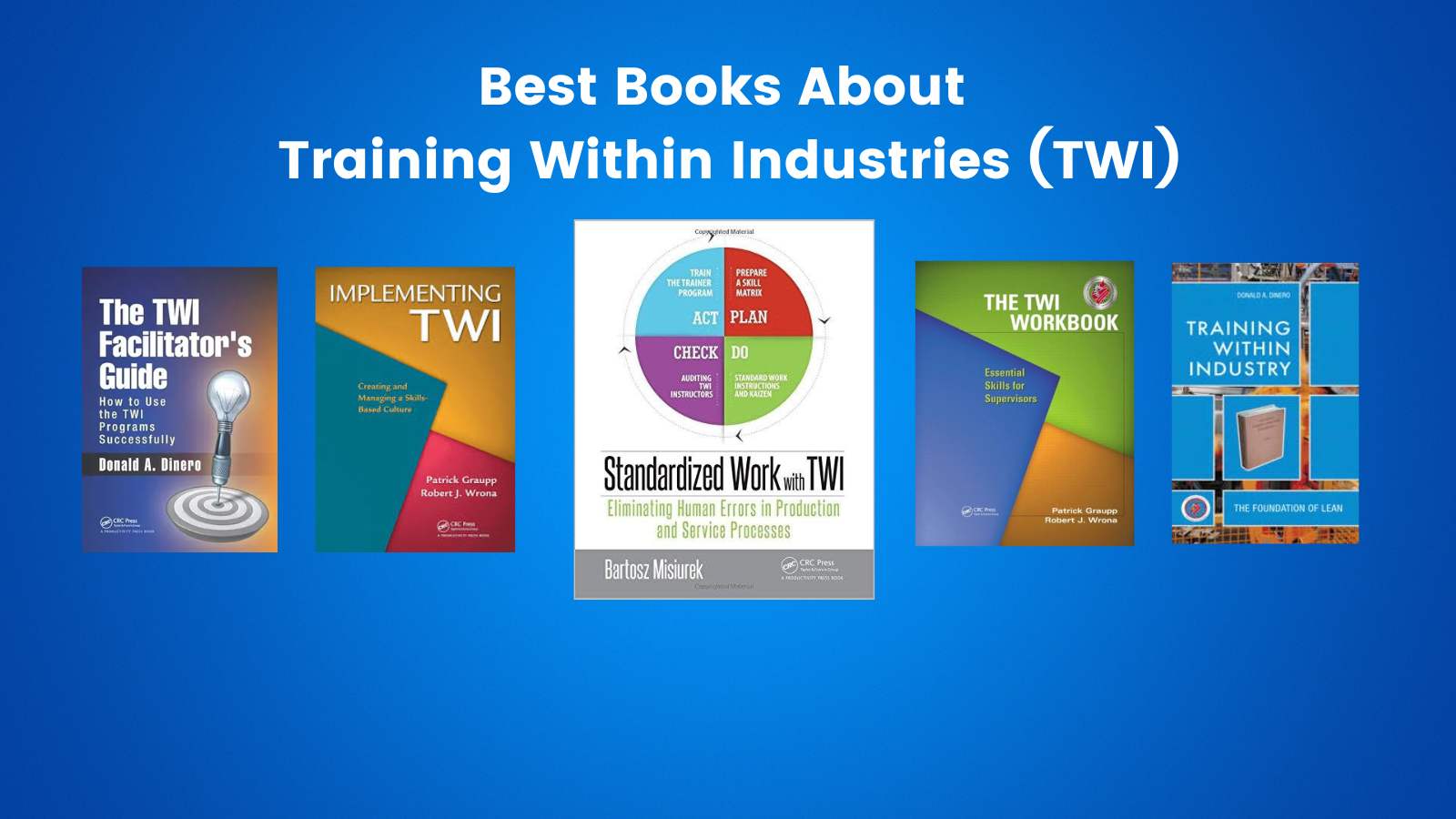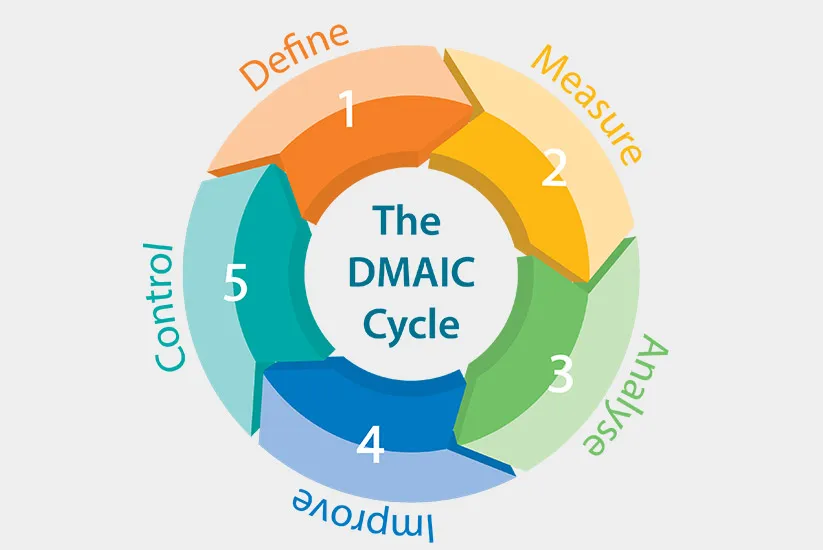Effective communication in organizational transformation is the foundation of any successful change initiative. While the book Crucial Conversations by Kerry Patterson may not specifically mention Lean methodologies, it is undoubtedly a critical resource for anyone aiming to lead or participate in organizational transformation. One of the key takeaways from the book is the importance of creating a safe environment for open dialogue. This becomes especially vital when teams are thrust into transformative processes that challenge the status quo. Without psychological safety, individuals are less likely to speak up, offer feedback, or share concerns that could improve outcomes.
Table of Contents
ToggleSafe Atmosphere in Times of Change
As organizations undergo transformation, creating a safe and supportive environment is paramount. This sense of safety encourages employees to engage openly, contributing to smoother transitions and more effective problem-solving. Leaders must pay close attention to how they manage conversations, ensuring that all voices are heard, and addressing any tension or misunderstandings promptly. Effective communication in organizational transformation is not just about sharing information but about building trust and fostering collaboration at all levels.
Virtual Communication: A Special Consideration
In today’s increasingly remote work environment, we must be even more mindful of how we communicate via platforms like Skype or Teams. Negative impressions or offhand remarks can become amplified in online meetings, leading to misunderstandings and even conflicts. Since virtual communication lacks the nuance of face-to-face interaction, extra care should be taken to maintain clarity and positivity. Ensuring that everyone feels included and respected, even in a digital format, is key to preserving team morale and productivity. In this light, Crucial Conversations is not just a recommended read—it’s essential for navigating the complexities of effective communication in organizational transformation.
Lessons from Management 3.0 on Effective Communication
Inspired by Management 3.0 by Jurgen Appelo, the topic of effective communication in organizational transformation becomes even more crucial when considering the broader organizational context. Whether responsible for a small team or an entire department, leaders must intentionally design how communication flows within their organizations. One of the key misconceptions about communication is that it merely involves transferring information from one person to another. In reality, communication is about creating meaningful interactions that foster mutual understanding and collaboration.
Communication Is Not One-Way
One-way communication does not contribute to an effective work environment. Unfortunately, many organizations still fall into the trap of thinking that communication is just about issuing directives. A healthy communication ecosystem involves dialogue—where feedback is not only welcomed but encouraged. This is where Management 3.0 shines, as it highlights the necessity of interactive, two-way communication that drives engagement and innovation within teams, a vital element in effective communication in organizational transformation.
Developing a Vision for Communication
A major takeaway from Management 3.0 is the need to consciously plan and implement communication strategies. Leaving communication to chance can result in misaligned goals, disengaged employees, and a lack of cohesion. By developing a clear vision of how communication should function, leaders can influence their organization’s culture and interactions meaningfully. This ensures that all employees, regardless of their role, feel involved and understood.
Both Crucial Conversations and Management 3.0 offer invaluable insights into how effective communication in organizational transformation can reshape individual interactions and entire organizations. These books are highly recommended for anyone serious about creating positive, lasting change in their work environments.
My name is David. I believe that changing the culture of an organization can be simple, and my goal is to provide information and ways to make this possible. I am responsible for the development of teams in 10 locations. I adhere to the principle of "people first, tools later", and that partnership and trust is the key to building the company's value.







